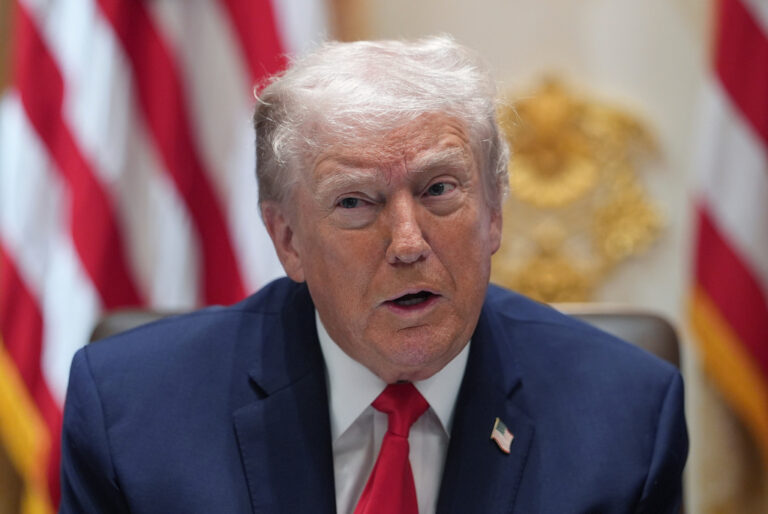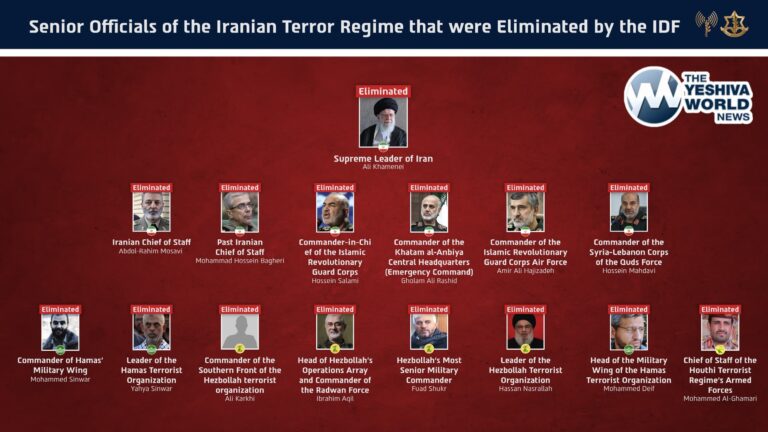 The Supreme Court handed President Barack Obama a significant legal defeat Thursday, refusing to revive his stalled plan to shield millions of undocumented immigrants from deportation and give them the right to work legally in the United States.
The Supreme Court handed President Barack Obama a significant legal defeat Thursday, refusing to revive his stalled plan to shield millions of undocumented immigrants from deportation and give them the right to work legally in the United States.
In response, Obama sharply criticized congressional Republicans for refusing to consider his nominee to the Supreme Court, and he vowed that existing programs implemented under his executive authority to prioritize deportations would continue.
Addressing reporters in the White House briefing room, Obama said the current deadlock in the Supreme Court, where his nominee would have broken a tie, not only sets the administration back but “takes us further from the country that we aspire to be.”
The court’s liberals and conservatives apparently deadlocked, which leaves in place a lower court’s decision that the president exceeded his powers in issuing the directive.
The nondecision on the president’s deportation plan was the most serious consequence of the Supreme Court’s short-handed status. The delay in announcing the tie – the case was argued months ago – indicates the court tried to find a compromise that could draw five votes.
The court has had only eight members since Justice Antonin Scalia’s death in February, and Senate Republicans have said they will not act on Obama’s nomination of Judge Merrick Garland before the November election.
The court’s one-sentence disposition of the case means that the important legal questions it raised about the president’s powers will remain unanswered for now. And it means that the issue of immigration, which already dominates the presidential election, escalates in importance.
Presumptive Democratic nominee Hillary Clinton supported Obama’s action and has said she will expand it. Presumptive Republican nominee Donald Trump has drawn a hard line on illegal immigration and would almost surely have rescinded it.
The immigration program, Deferred Action for Parents of Americans and Lawful Permanent Residents (DAPA), would allow illegal immigrants in those categories to remain in the country and apply for work permits if they have been here at least five years and have not committed felonies or repeated misdemeanors. Obama also expanded a 2012 policy, Deferred Action for Childhood Arrivals (DACA), which covered those brought to this country as children.
In his remarks to reporters Thursday, Obama stressed that the DACA program would not be affected by Thursday’s development at the Supreme Court. “It does not affect the existing dreamers,” he said, using the term for people brought to the United States as children and covered by the program.
He also said that “enforcement policies developed by my administration” are not affected, meaning that undocumented immigrants who have put down roots and have not committed crimes “will remain low priorities” for deportation.
“We will continue to implement existing programs that area already in place,” Obama said, but the administration will not be able to expand those programs.
He said the remedies for the current impasse were for the Senate to take up his Supreme Court nomination and for congressional Republicans to join Democrats in passing comprehensive immigration reform. Failing that, he said, voters should make their voices heard in the November elections.
House Speaker Paul Ryan, R-Wis., welcomed the Supreme Court’s nondecision, calling it “a win for Congress” and for the constitutional separation of powers.
Texas Attorney General Ken Paxton, who led the states opposing Obama’s plan, said: “Today’s decision keeps in place what we have maintained from the very start: One person, even a president, cannot unilaterally change the law. This is a major setback to President Obama’s attempts to expand executive power, and a victory for those who believe in the separation of powers and the rule of law.”
Obama announced the executive action at issue after House Republicans could not agree on comprehensive immigration reform.
The administration said the program is a way for a government with limited resources to prioritize which undocumented workers it will deport. As a practical matter, the government has never deported more than 500,000 people per year and often sends home fewer than that.
But the Republican-led states that challenged the action called it “one of the largest changes in immigration policy in our nation’s history,” and said Obama could not implement the program without the approval of Congress. They said it violated legal requirements for individual decision-making by the administration before deferring deportation. They said the sweeping policy change meant that millions would become eligible to work and receive a host of government benefits.
The states sued to block Obama’s order as soon as he announced it. A district judge ruled that the states had legal standing to sue and stopped implementation of the plan.
A panel of the U.S. Court of Appeals for the 5th Circuit agreed on a 2 to 1 vote. Judge Jerry Smith rejected the administration’s argument that DAPA was a form of “prosecutorial discretion” in which a government with limited resources sets priorities for deportation.
The program, Smith wrote, “is much more than nonenforcement: It would affirmatively confer ‘lawful presence’ and associated benefits on a class of unlawfully present aliens. Though revocable, that change in designation would trigger” eligibility for federal and state benefits “that would otherwise not be available to illegal aliens.”
(c) 2016, The Washington Post · Robert Barnes, William Branigin










